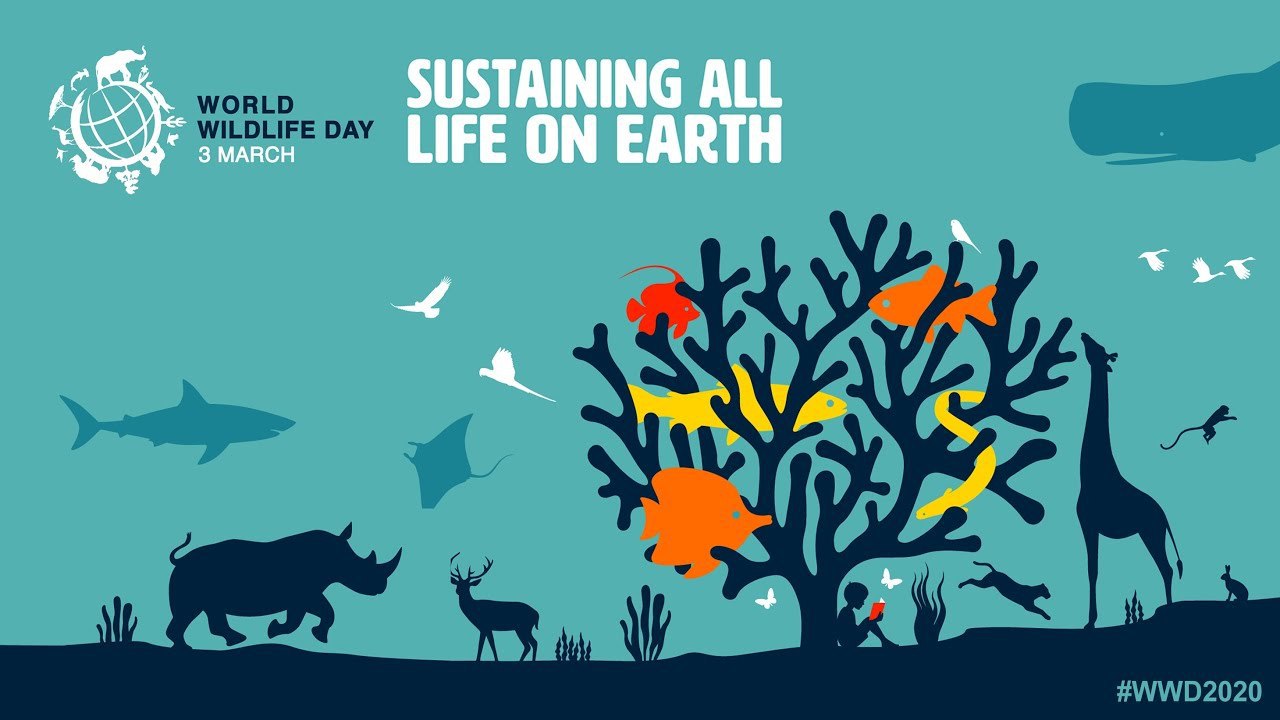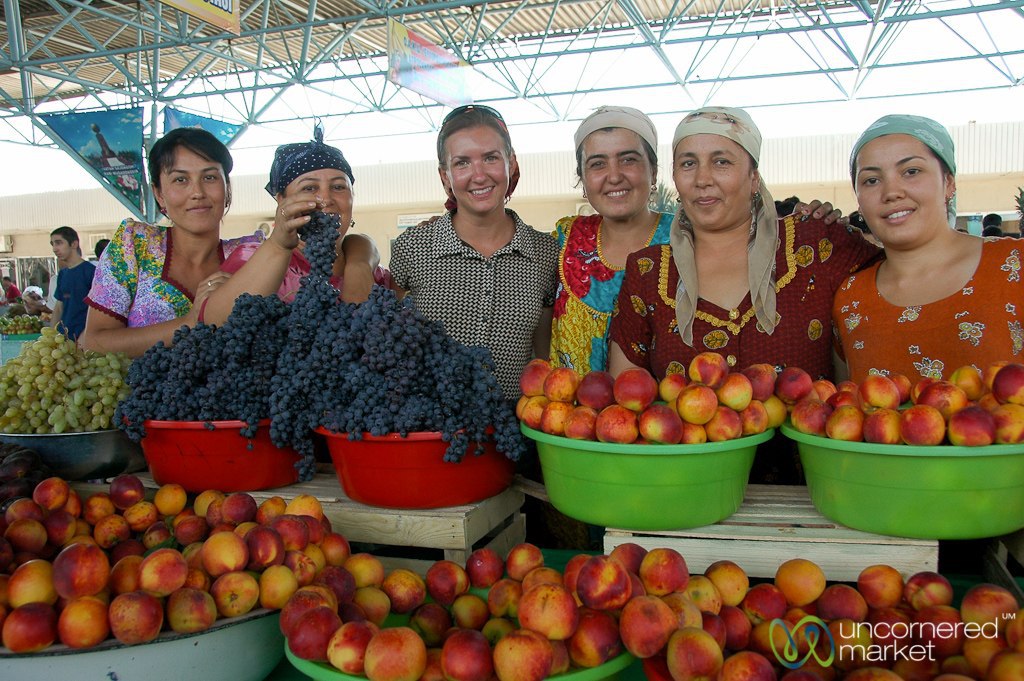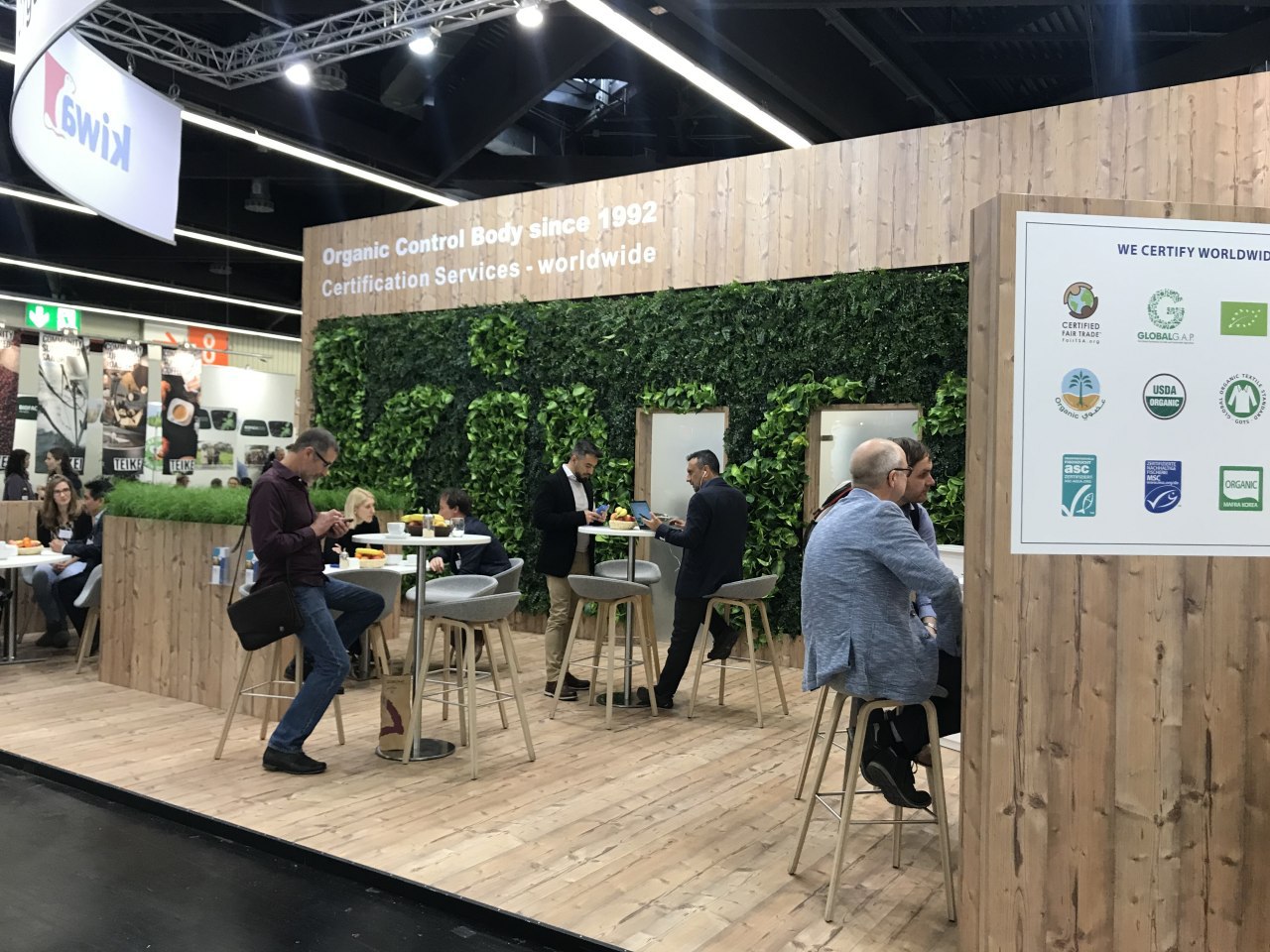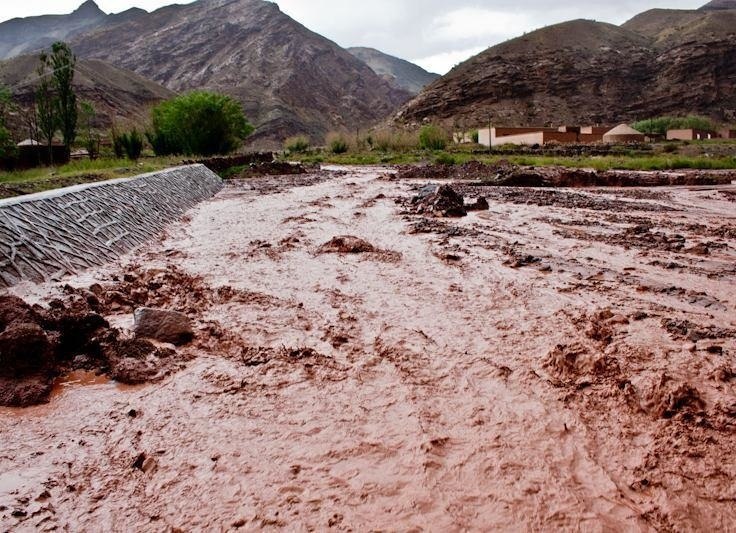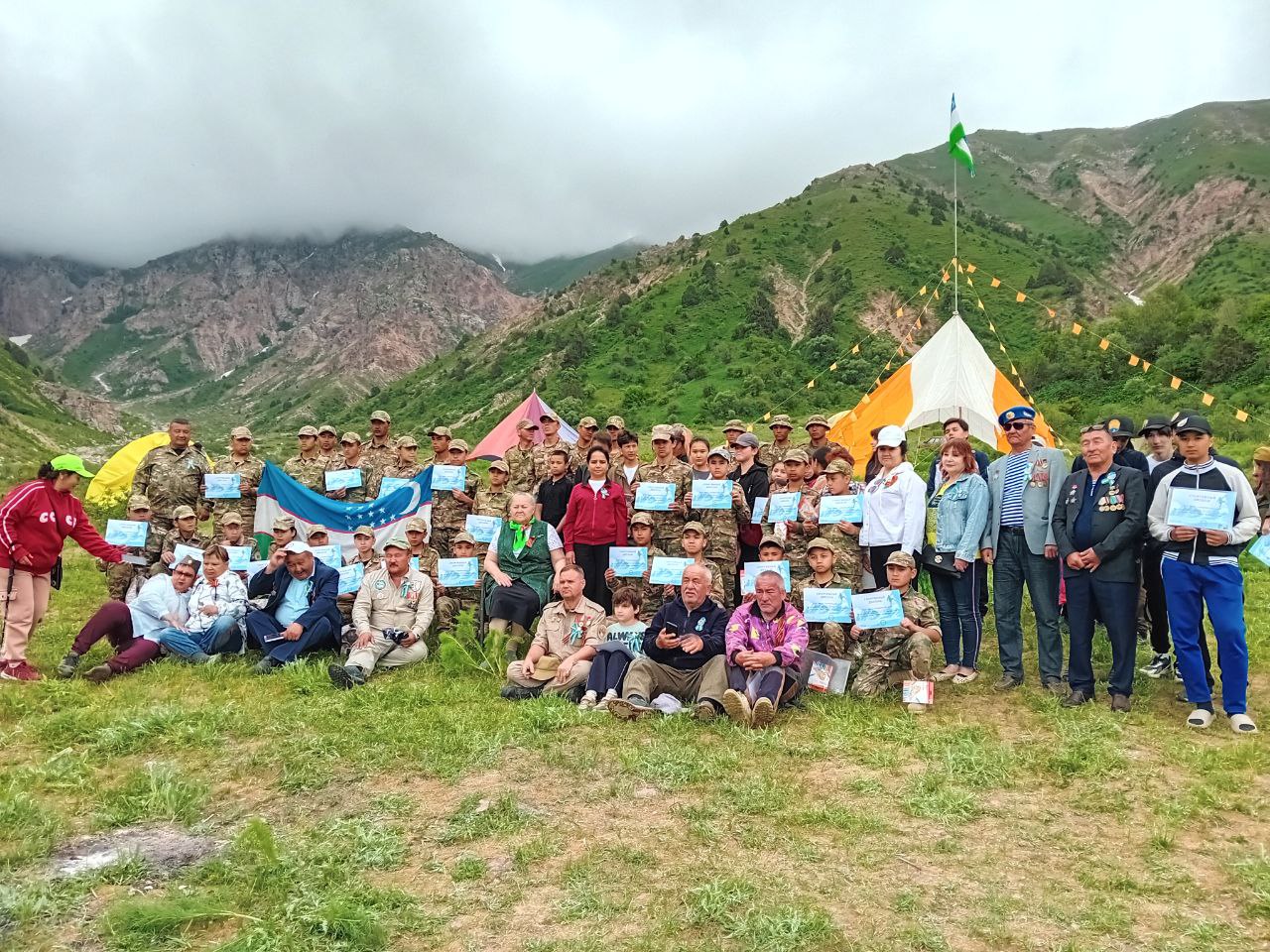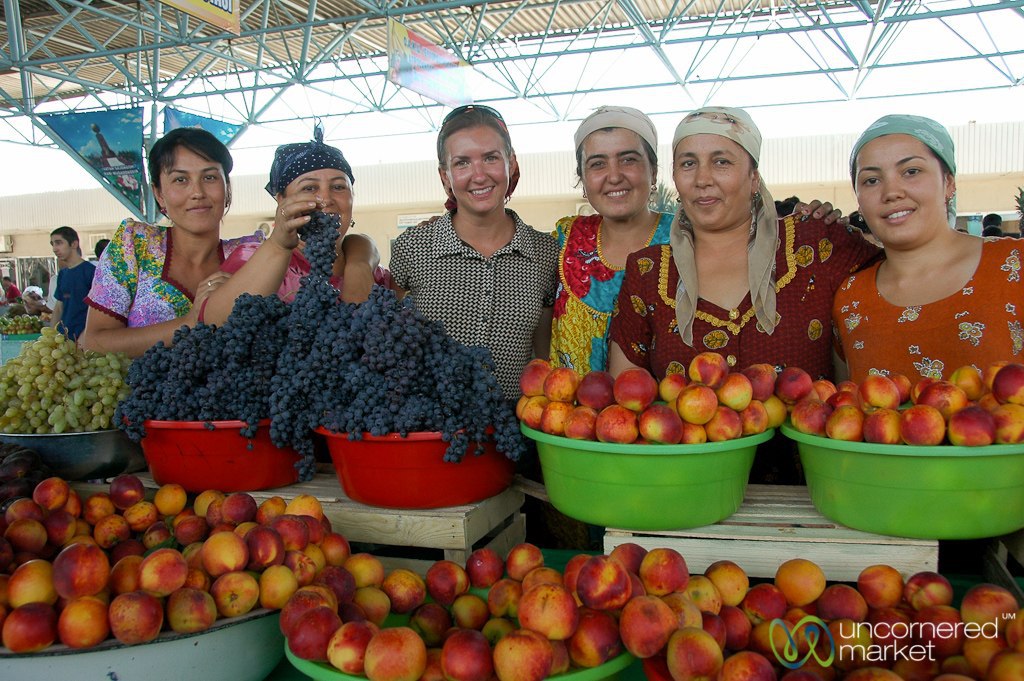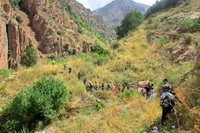World Wildlife Day
- Наталья Шивалдова
- elsof en
- Просмотров: 19075
“The future of wildlife in the hands of everyone” is the motto of World Wildlife Day, which is celebrated annually on the 3rdMarch
The activities of the ELSOFP Central Asia project (Expansion of Kyrgyz, Tajik and Uzbek local smallholder organic agriculture and forest-based food products to EU Markets) are interconnected with agriculture and forestry, with local communities which are close to wildlife and interact with it on daily basis. Any natural territories that surround a person are home to representatives of the animal and plant world. Together with many natural components, such as water, vegetation, landscapes, climatic conditions and much more, it defines the habitual natural habitat of many living organisms.
Agriculture has a significant impact on the natural environment than any other sector of the national economy. Every day human activity expands to new territories that are taken from the wild. Soils and water resources are subject to agrochemical pollution, which also changes the environment and negatively affects the flora and fauna. The loss of habitat and the intensity of farming are some of the real and tangible problems of the wild. Flora and fauna are endangered and require our attention to this problem.
It is important to note that biodiversity for food and agriculture is a key element of its security, sustainable development and the provision of many vital ecosystem services.
“On this World Wildlife Day, let us remind ourselves of our responsibility to preserve and sustainably use the vast diversity of life on the planet. Let's seek a more caring, thoughtful and sustainable relationship with nature. A world of prosperous biodiversity provides the foundation we need to achieve our sustainable development goals - a world of dignity and opportunity for all people on a healthy planet,” said UN Secretary General Antonio Guterres.
The ELSOFP Central Asia project promotes the sustainable management of natural resources, in particular agricultural, forest and pasture lands, using organic production methods that reduce negative impact on natural biodiversity inclusively, as opposed to intensive agricultural practices. In turn, the economic mechanisms proposed to the parties involved in the project increase the motivation of farmers and forest users, which is also a guarantee of conservation of wildlife.
A responsible farmer and a forest user get double benefit in the form of stability of ecosystem services provided and increase of income, new employment opportunities for his members. The future of nature is truly in the hands of everyone!



